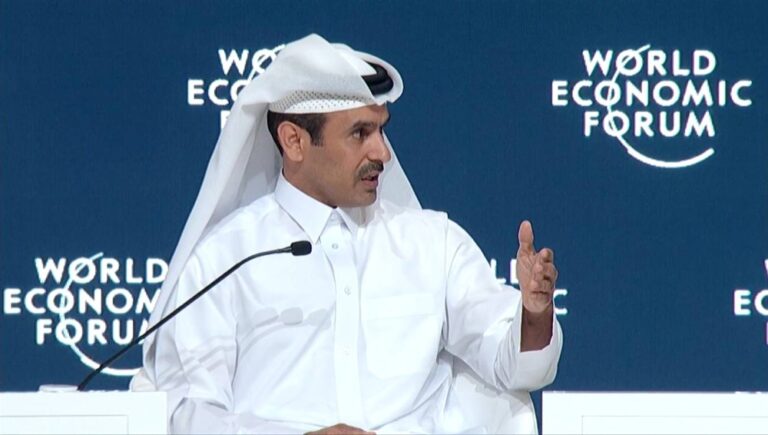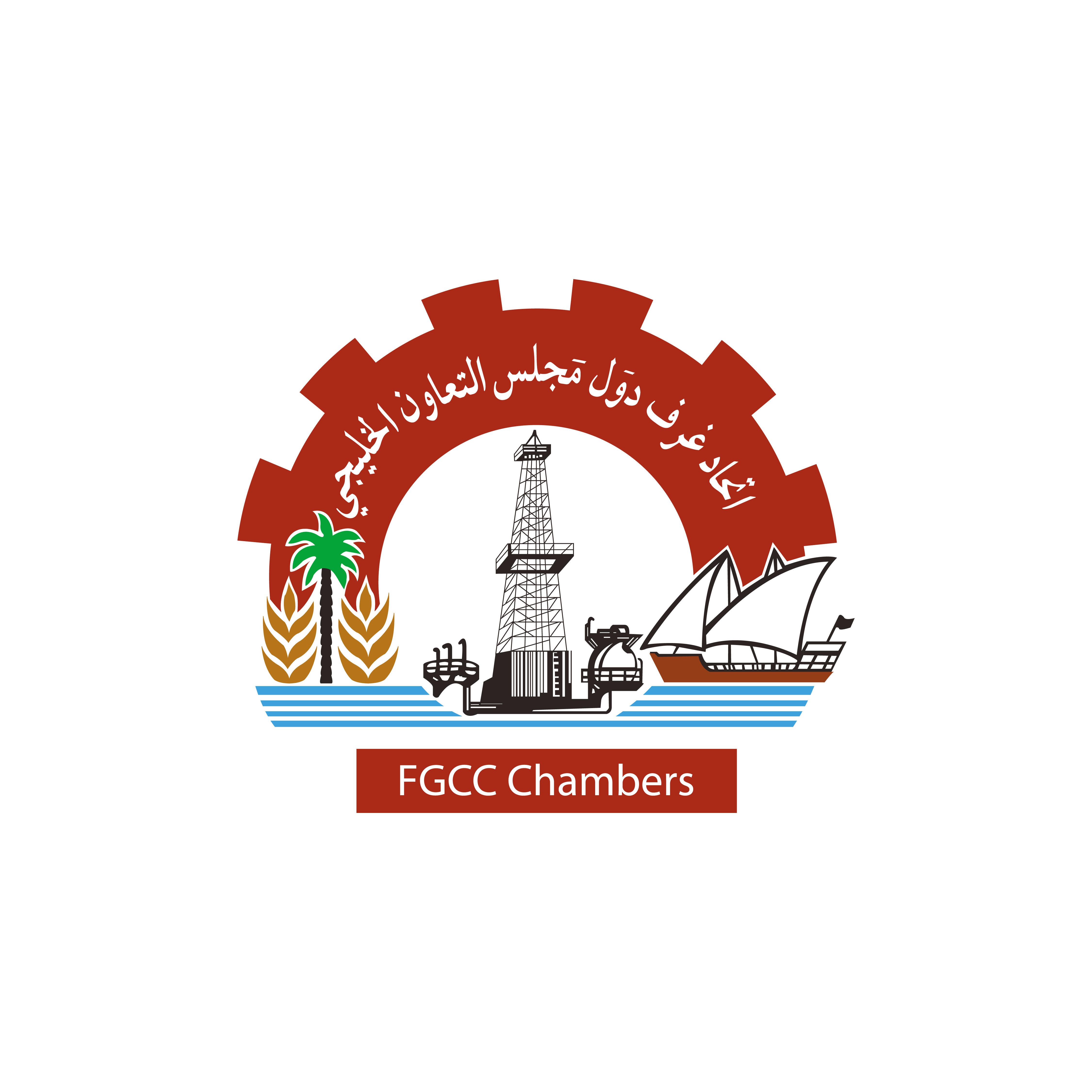Minister of State for Energy Affairs and QatarEnergy President and CEO HE Saad Sherida Al Kaabi took part in the World Economic Forum’s special meeting on global collaboration, growth, and energy for development, which was held in Riyadh.
Al Kaabi took part in a panel discussion titled “People, Policy, Finance: Realizing an Equitable Energy Transition” along with Minister of Energy of Saudi Arabia Prince Abdulaziz bin Salman Al Saud, European Commission Commissioner for Energy Kadri Simson, Occidental Petroleum Corporation President and CEO Vicki Hollub,
ExxonMobil Chairman and CEO Darren Woods and President of World Economic Forum in Geneva Børge Brende.
The panel placed special emphasis on issues related to a realistic and equitable energy transition that will enhance energy’s role as an enabler of development, while achieving global climate goals.
Speaking at the panel discussion, Al Kaabi highlighted the important issue of access to energy and the need for a fair energy transition.
He said, “There are a billion people who do not have access to basic electricity. There will be anywhere between one and two billion additional people within the next thirty years, who will need access to energy. Therefore, we shouldn’t be selfish and just talk about what we want for our house and forget the neighborhood, if you will.”
Al Kaabi criticised demonising oil and gas, saying this will not do humanity any good. He said, “Demand for oil is going to be there for a very long time. You need petrochemicals that wind farms and solar energy cannot produce, and you also need petrochemical plants to make refined products for a very long time. Gas is going to be needed to power the electricity that is needed for expansion and growth. The most important thing is that we all do it in a responsible manner to make sure that humanity can develop and grow.”
Highlighting Qatar’s CO2 capture efforts from production to ship, Al Kaabi said, “Since 2015, we have been injecting two and a half million tonnes per annum of CO2 that we are capturing from our LNG facilities. We have been doing that long before anybody was talking about sequestration or capture. Qatar has the lowest emissions in an LNG scheme from production to ship in the world.”
Highlighting Qatar’s LNG expansion projects in the North Field, which will reach 142 million tonnes per annum by 2030, he noted that Qatar “will sequester 11 million tonnes of carbon from that project. Add to that the construction of 104 LNG ships, all of which will be powered by LNG. We are building the largest blue ammonia plant in the world that has solar power and CO2 sequestration facilities. We are also capturing CO2 from our production sites in the north and sending them via pipeline across Qatar to be injected in the oil field of Dukhan as part of our enhanced oil recovery efforts.”
The minister said, “We are doing our part, and we have many great stories to tell. We are responsible producers but not many care to look at that.”
Discussions also tackled prospects for energy markets and global growth, the impact of geopolitical crises, and Qatar’s leadership and excellence in leading the global efforts for the energy transition.
Energy access and energy security were also high on the panel’s points of interest, as it remains a prominent challenge amid the energy transition, particularly in emerging and developing markets.
The World Economic Forum Special Meeting on Global Collaboration, Growth and Energy for Development aims to facilitate dialogue between thought leaders and the broader public on a range of topics, including environmental challenges, mental health, digital currencies, artificial intelligence, and smart cities.
Qatar tribune


